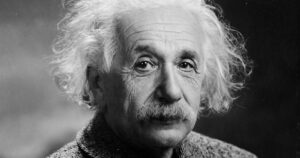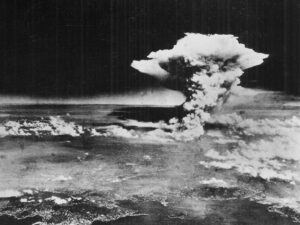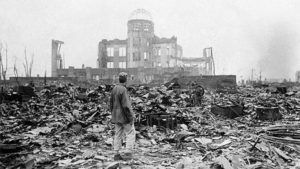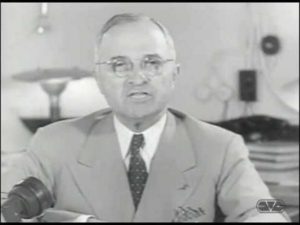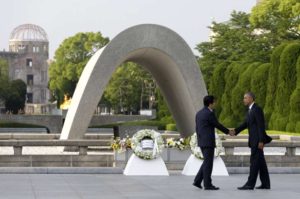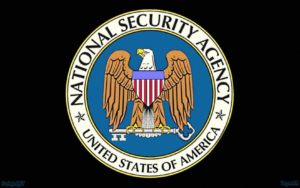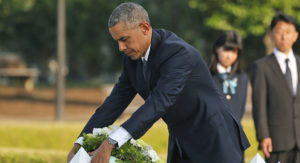J. Robert Oppenheimer knew the moment he decided to take on a monumental task in the 1940s that he likely would create a monster.
Indeed, that monster has been — more or less — caged up by nations around the world that have developed nuclear weapons. The United States was the first nation on Earth to develop The Bomb, and in August 1945, it decided to seek a relatively quick end to World War II by being the only nation (so far) to use the weapon in war.
“Oppenheimer,” a film I watched today with my sons, tells the gripping story of the physicist’s struggle dealing with what he created. It speaks to the awesome power of the atomic bomb and also whether scientists could perfect a bomb that fused atoms — rather than splitting them — to create an even more devastating weapon to use against our enemy in Japan.
On Aug. 6, 1945, Hiroshima felt the wrath of the first of two bombs; the second one dropped on Nagasaki three days later. Five days after that Japan surrendered.
Mission accomplished … in the eyes of those who believed the A-bomb was the better option than to send troops ashore in Japan.
The film tells a chilling tale of deception among the scientists working on the project. It speaks to the monstrosity that Oppenheimer, Albert Einstein, Enrico Fermi and other brainiacs assembled.
“Oppenheimer” depicts a meeting between the title character and President Harry Truman in the Oval Office. Oppenheimer wonders aloud whether he did the right thing by creating the weapon. President Truman — portrayed in the film by Gary Oldman — tells Oppenheimer the world “doesn’t give a sh** who created it. The people of Hiroshima care who dropped it. I did that.”
Right there is a case study in nerves of steel by the president of the United States.
But the world still has this weapon in the arsenals of many more nations than anyone likely envisioned in 1945. May we never see its use in war ever again.
